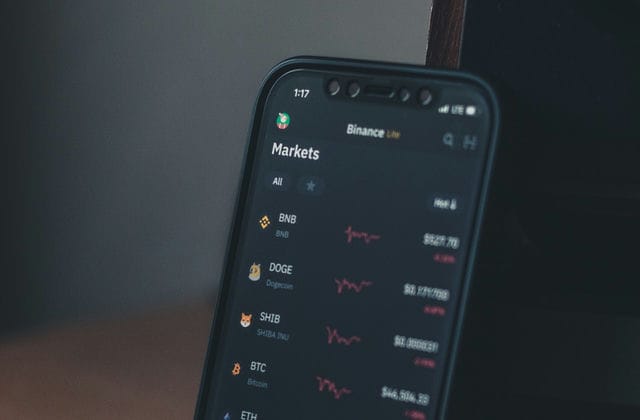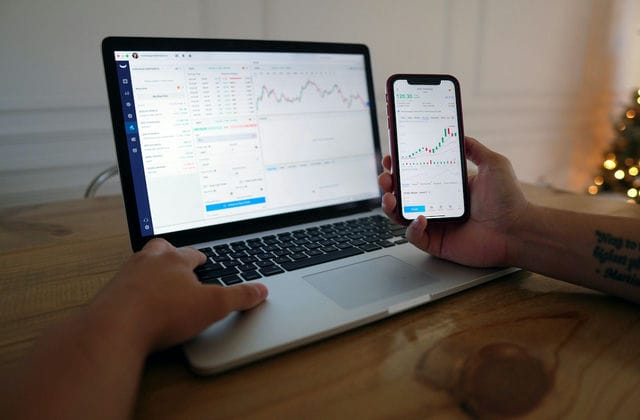Open-end Funds refers to listed open-ended funds that can be purchased and redeemed at designated outlets or bought and sold on the exchange after they have been issued. The following tells you what the procedures for buying open-end funds are.
A: Procedures for buying open-ended funds
At present, open-ended funds can be purchased at most commercial banks and securities companies and the procedures are very simple.

If you go to a bank to buy a fund, you can generally bring your ID card and the savings card you have at the bank, but some banks require a fund account or fund card in addition to the savings card.
If you buy an open-ended fund at a securities company's sales office, generally bring your ID card and a funds card from that sales office, and then open a fund account or fund card.
After going through the above procedures, you can subscribe or subscribe to all the fund varieties sold in the bank or the securities business department.
It is worth mentioning that at present, due to technical or settlement restrictions, each distribution channel can only distribute the funds distributed through that channel, if you want to purchase other varieties, you need to go to the corresponding bank or business department to re-open the relevant account.
B: Cost of buying open-ended funds
As the dividends of open-ended funds are tax-free, the actual cost to be borne by purchasing open-ended funds is some fees, which are the price of enjoying professional financial services. Generally speaking, the cost of investing in an open-ended fund consists of three components: subscription (application) fee, management fee and redemption fee.
The subscription fee is the fee to be paid for buying a fund during the issue period, and the subscription fee is the fee to be paid for buying a fund during the fund's operating period, with the former generally being about 0.5 percentage points lower than the latter. The subscription fee varies considerably depending on the type of fund, from around 1% for balanced funds, 0.8% for bond funds, 1.5% for aggressive equity funds and zero for money funds. Fund companies generally also give customers certain discounts according to the amount of purchase, such as the subscription fee for purchases of more than 1 million yuan is only about 0.8%.
The management fee is generally 1.5%/year, but the management fee for money market funds is only 0.33%/year. At present, fund management fees are no longer ironclad. HDFC Income Securities Investment Fund has pledged to suspend management fees when realized returns are below the company's expected earnings growth curve, and Allianz Small Cap Equity Fund has indicated that it will suspend the withdrawal of management fees when the net value of the fund is below RMB0.9 per share.
Redemption fees are generally decreasing according to the length of the holding period, with the longer the holding period, the lower the redemption fee rate. For redemptions within two years, the rate is generally 0.5%, dropping to 0.25% for those over two years, with most fund companies no longer charging redemption fees for those held for more than three years.
In addition, many fund companies now have better product lines and can offer fund varieties with different risks so that investors can switch freely. Conversion fees are charged when switching, generally between 0.3% and 0.8%, which is much more cost effective than redeeming and then subscribing.
C: Services for buying open-ended funds
With over a hundred funds established and in issue, fund companies naturally want to win repeat customers through better service. There are currently a number of investor-friendly services available from various fund companies, but these are not available to all fund holders due to technical reasons on the part of the distributor.

One of the more common services is the regular fixed debit service, where the fund company will automatically transfer funds from your card to your fund account for an agreed period and an agreed amount after signing this agreement, which is as convenient as a zero-deposit deposit.
With this service, investors can choose to buy a fund company's equity fund to share the fast-growing returns during bull markets, or choose a currency or bond fund to hedge against risks when the market enters a correction period or bear market, so as to ensure that the principal is not lost or minimized.




























